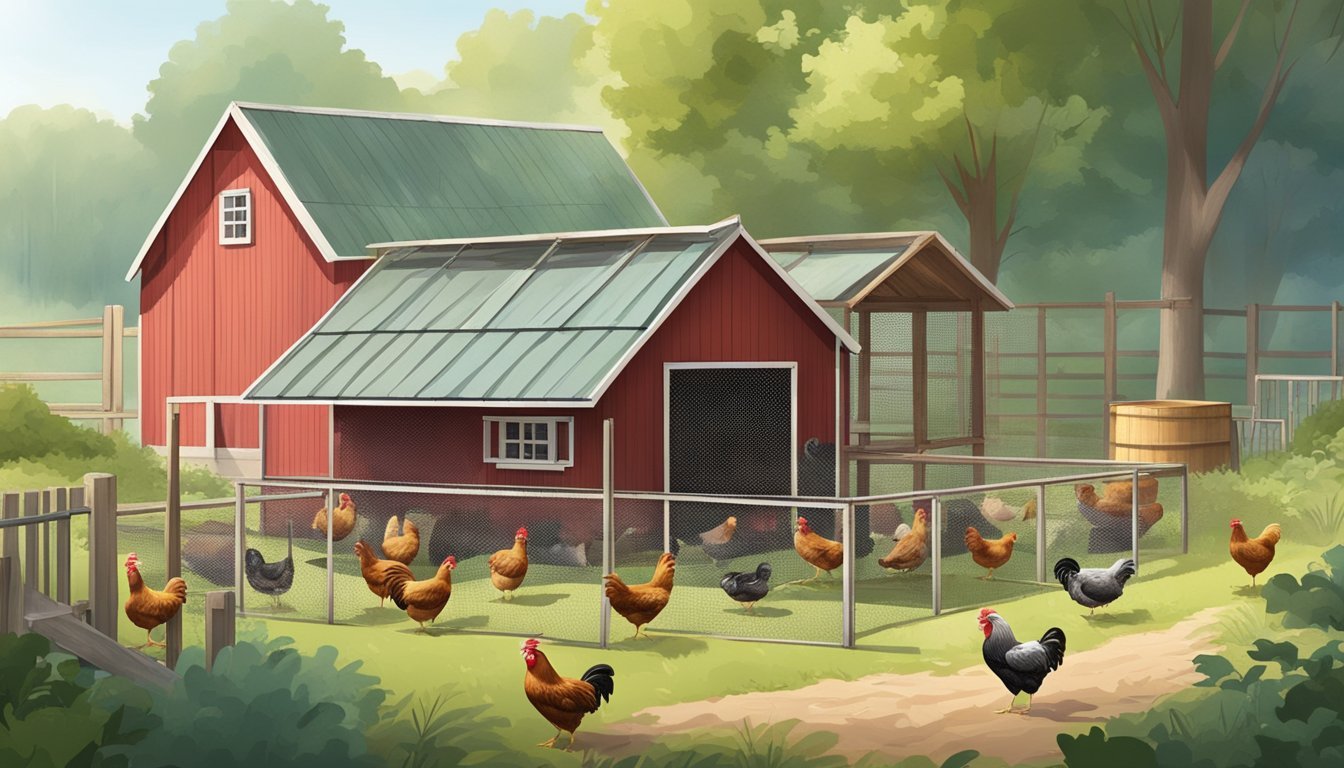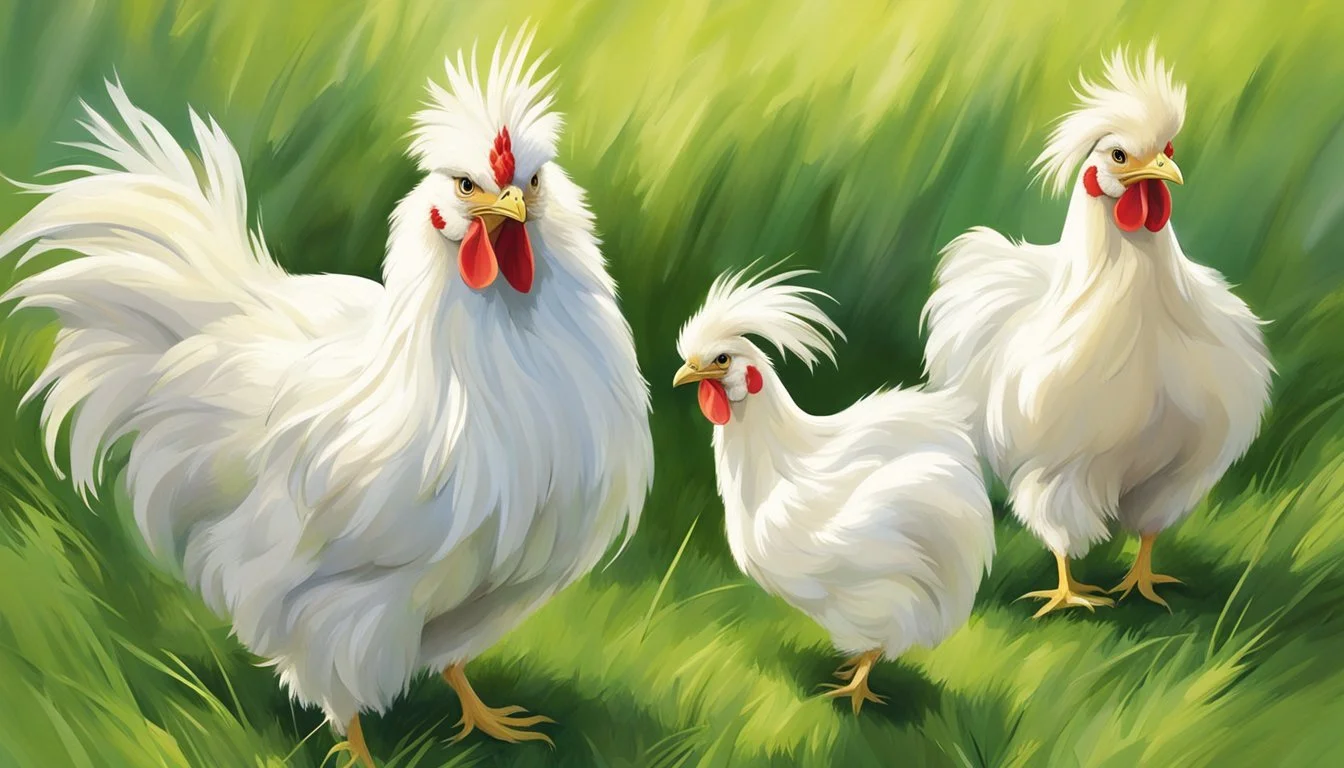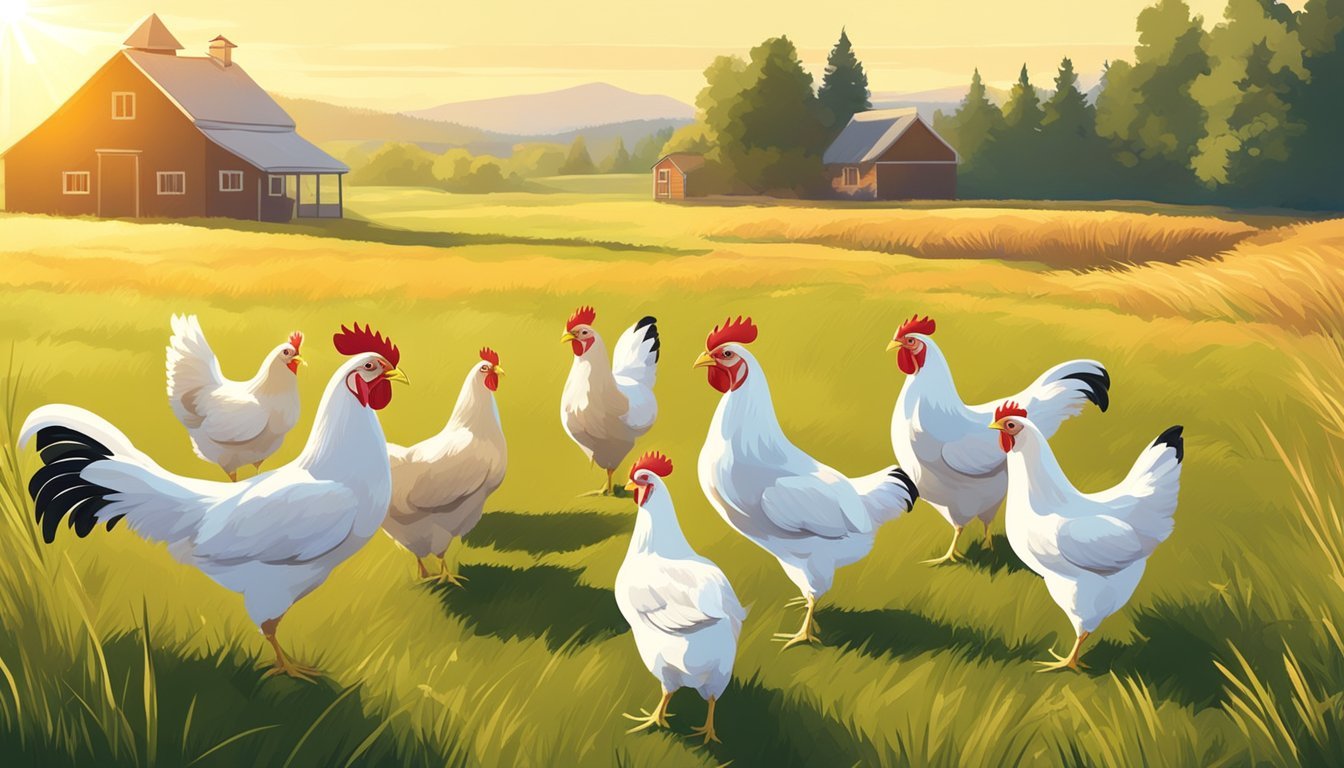Raising Chickens for Eggs, Meat and Money
Are you looking to start with delicious farm-fresh eggs and maybe consider raising chickens (how long does chicken last?) for meat? With self-sufficient living as a goal, homesteaders may consider their options for raising chickens, the differences between breeds, and how best to house and care for them.
While it may seem logical to raise chickens for both eggs and meat, it's often advised that homesteaders raise different chickens to serve those two purposes. Laying hens and broiler chickens have different needs and lifespans.
Laying hens need space and coop for laying eggs and require a nutritious, balanced diet with protein and calcium. They usually begin laying eggs around 16 weeks and typically provide the best egg production for 1-3 years. Keep in mind that meat may be tougher if butchered after egg production ends and their leaner bodies may produce less breast meat. Laying hens tend to explore and use the chicken run area and enjoy fresh grass.
Broiler chickens require different space requirements (½ sq-ft/bird) and a high protein diet to promote rapid growth. They're usually butchered around 8 weeks before egg production and come in male or female. They carry more weight for thicker breast meat but have a lower tendency to move around and explore the run area.
A third option, dual-purpose chickens, have been bred to produce the best quality of meat and eggs. They lay more eggs than a broiler, yet carry more meat than a layer hen. With the dual-purpose option, homesteaders may opt to raise chickens for eggs and process the roosters after 6-9 months. Dual-purpose chickens have similar space requirements to laying hens and can eat the same diet as layers. They are usually butchered later than broilers and come in male or female. Their meat has more flavor but is less tender and has less meat than broilers.
If you're looking into homesteading chickens for both purposes, focus on selecting chickens that have been bred for laying eggs. These breeds are specifically designed for optimal egg-laying, ensuring consistent and reliable production.
Chicken Coop Ideas
Discover a variety of innovative chicken coop ideas designed to ensure the happiness and health of your hens. From space-efficient designs to aesthetically pleasing structures, find the perfect coop to complement your backyard and meet the needs of your growing flock. Join the backyard chicken movement with a coop that's as functional as it is charming.
Silkie Chickens
Embrace the charm of silkie chickens with our comprehensive guide to their care and breed specifics. Known for their soft, fur-like feathers and docile nature, silkies are a treasure in the poultry world. From their origins in China to tips for keeping your flock healthy and happy, learn everything you need to know about these delightful birds.
Broiler Chickens
Discover the art of raising broiler chickens with our expert guide on efficient growth and care techniques. Learn how selective breeding and optimal care practices lead to faster growth rates, ensuring a steady supply of high-quality meat to satisfy global demands.
Raising Laying Hens
Keeping laying hens offers fresh eggs and contributes to sustainability through recycling scraps and pest control. Successful hen raising requires knowledge of care, breed selection, and proper housing.
Raising Heritage Breed Chickens in Texas
Heritage breed chickens are making a comeback in Texas, where sustainable poultry farming honors age-old traditions. Breeds like Ancona, Plymouth Rock, and Rhode Island Red offer robust health, suitability for free-range farming, and natural mating. Adapting to Texas's varied climates is key to nurturing these resilient strains.
How to Tell if Your Chickens Have Mites or Lice: A Concise Guide
Keep your backyard chickens happy and pest-free! Learn to spot signs of mites and lice, understand their impact, and find out how to manage and prevent infestations. Plus, delve into the role wild birds play in transmitting these parasites.







